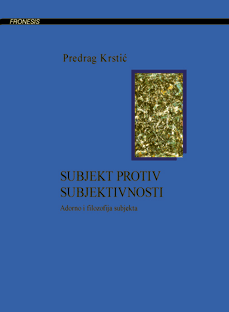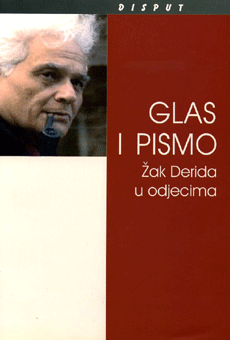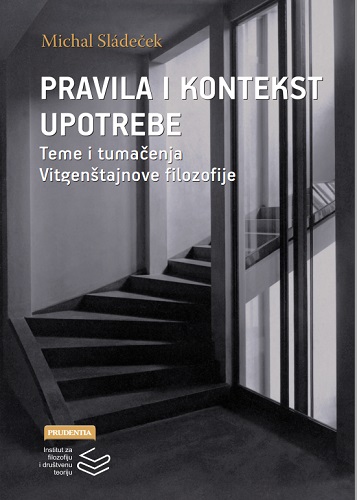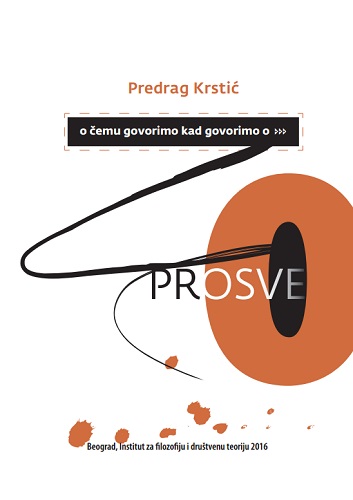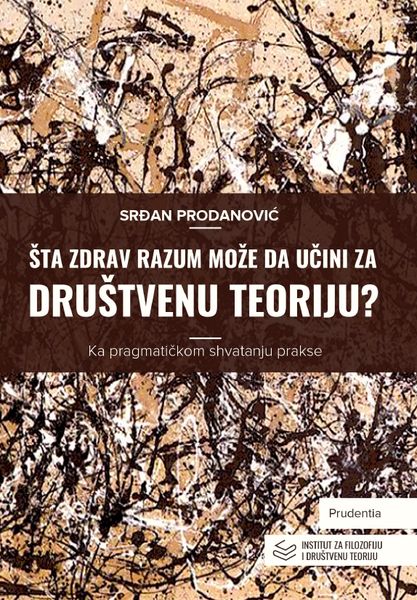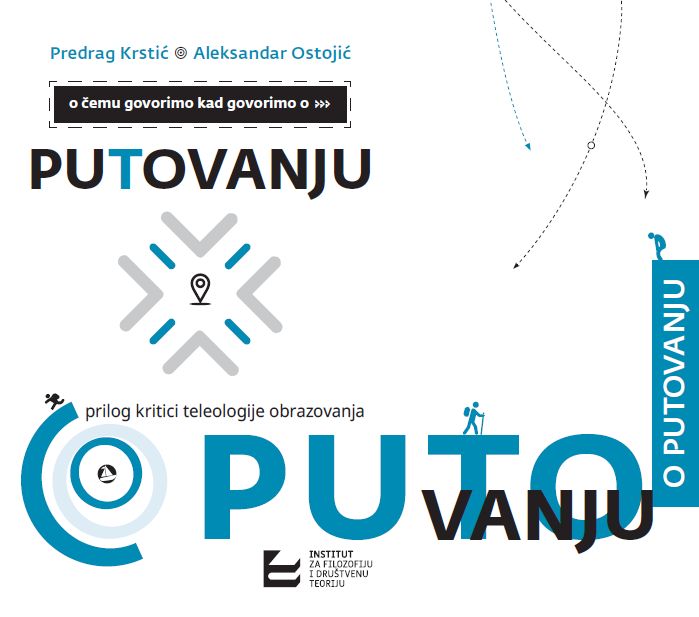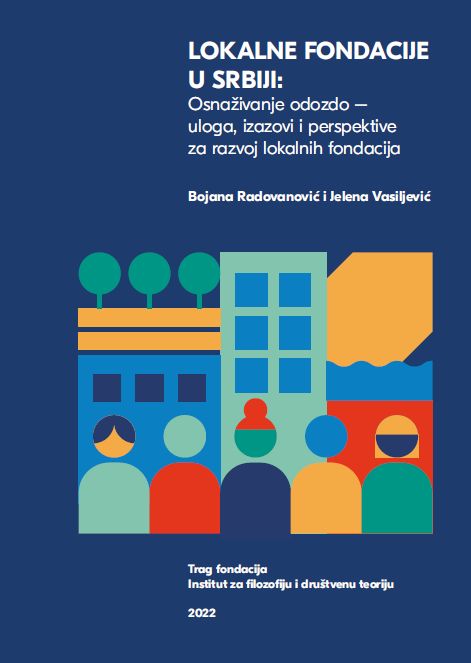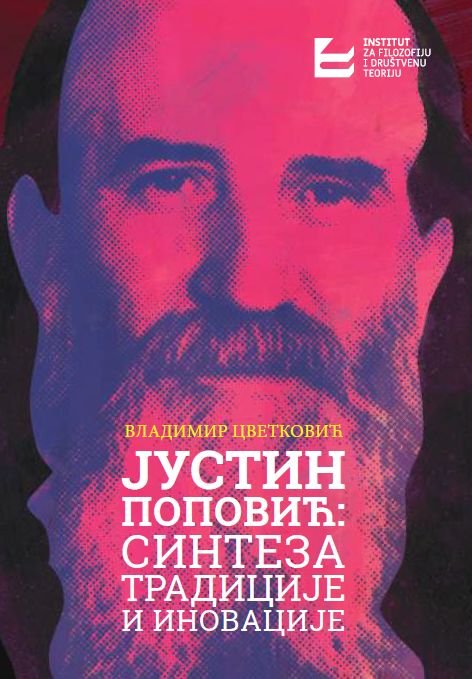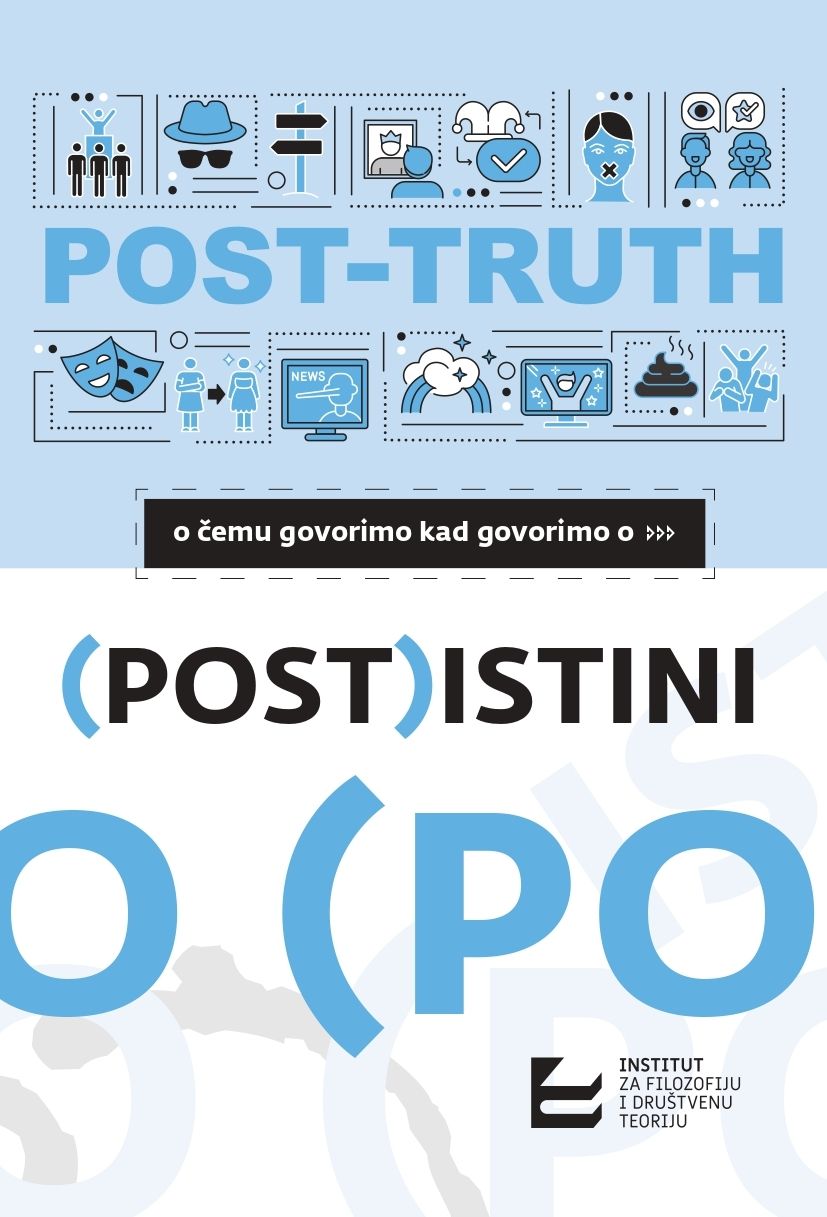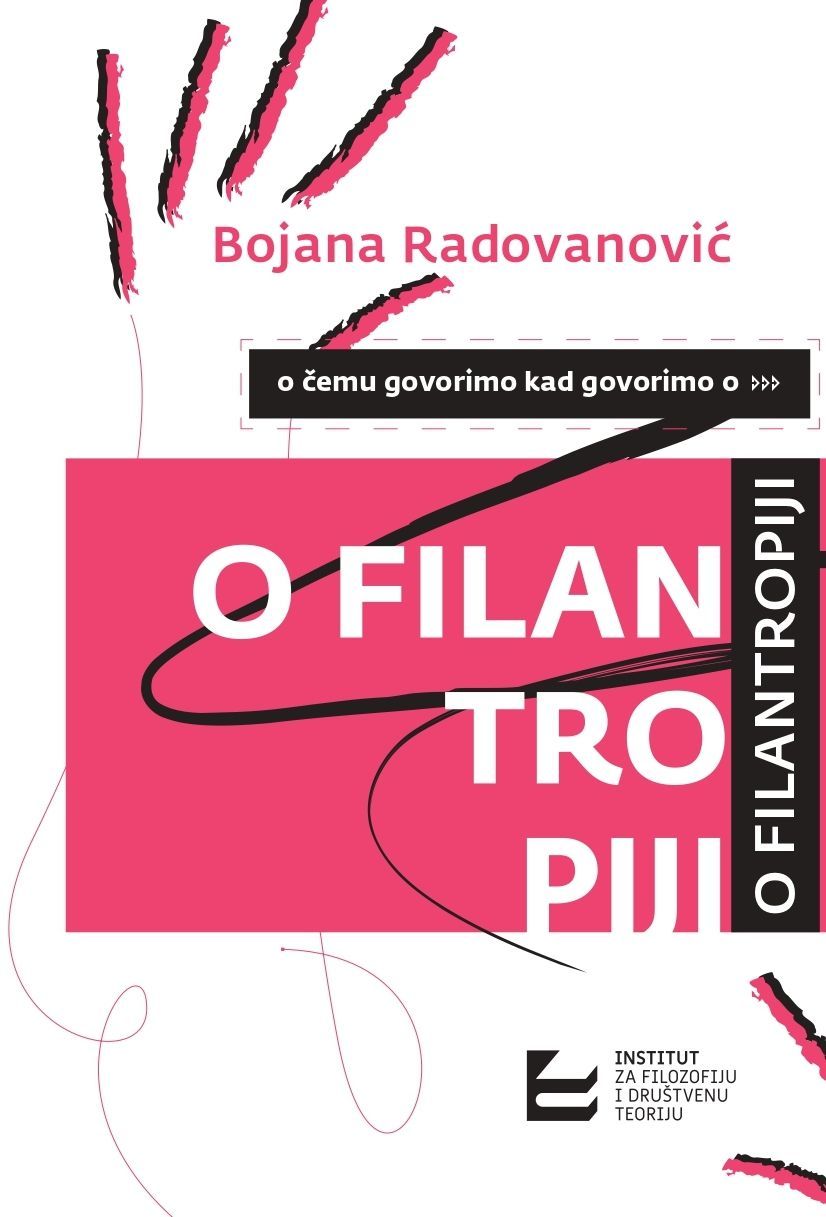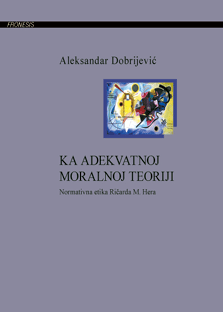
Towards an Adequate Moral Theory
Ka adekvatnoj moralnoj teoriji
Keywords: normative ethics; R. M. Hare; Kant; metaethics; moral reasoning; Kantian utilitarianism;
According to Hare’s device, an adequate association of two mutually akin but independent theoretical disciplines – metaethics (universal prescriptivism) and normative ethics (utilitarianism) – enables the formation of the complete and coherent moral system. The main subject of this book is reception and critical analysis of Hare’s constructivism; but much more attention is dedicated to the substantive aspect of his doctrine, where idea of all-encompassing ethical theory is fully developed and crystallized. In Hare’s opinion, the fact that something like this is possible is approved by detailed inquiry of the structure of so-called “moral thinking”, which, although in theory divided into three plateaus or levels, in practice can operate as unique faculty. The first part of the book considers Hare’s metaethical doctrine, i.e. metaethical level of moral thinking. This part especially analyzes semantic and logical properties of the moral words and judgments, which Hare grasps and marks off as elements that constitute specific ethical theory in narrow sense under the name of “universal prescriptivism”. Thence, it contrasts the theory with the most prominent types of rival metaethical conceptions; this is a way of showing its supremacy over them. The second part analyzes Hare’s multiple ways of connecting his metaethical with his normative doctrine, which is in formal sense determined as “Kantian utilitarianism”, and in substantive sense as “preference-utilitarianism”. Critical references to both dimensions of utilitarian doctrine aim at indication on scopes and limits of Hare’s ambitious redefinition of the doctrine. In addition, this part accessorily affirms a proposal about certain more rigorous terminological delimitation of different kinds of normativity. Further on it discusses about so-called “necessary ingredients” of moral reasoning, where special attention is being paid on element of “sympathetic imagination”, which Hare grasps in his developed theory not only as a normative demand but also as a logical thesis. Finally, it considers kinds of preferences that can or cannot be recognized (with help of established set of criteria) as morally relevant. The third (the last) part displays so-called “two-level theory” of normative moral thinking (“intuitive” level and “critical” level), including goals that are intended by its establishing. Given Hare’s holism, the metaethical level, considered as fundamental or the “third” level, has notable effect on process of normative reasoning, especially if it is taken as one of the determinant of the critical moral thinking. Upon examining the (utilitarian) character of the theory, its plausibility is verified in the light of its application to one specific theoretical realm – the realm of philosophy of moral upbringing and education.
More...
